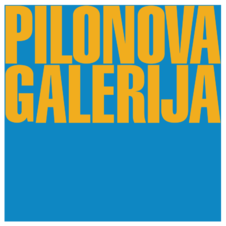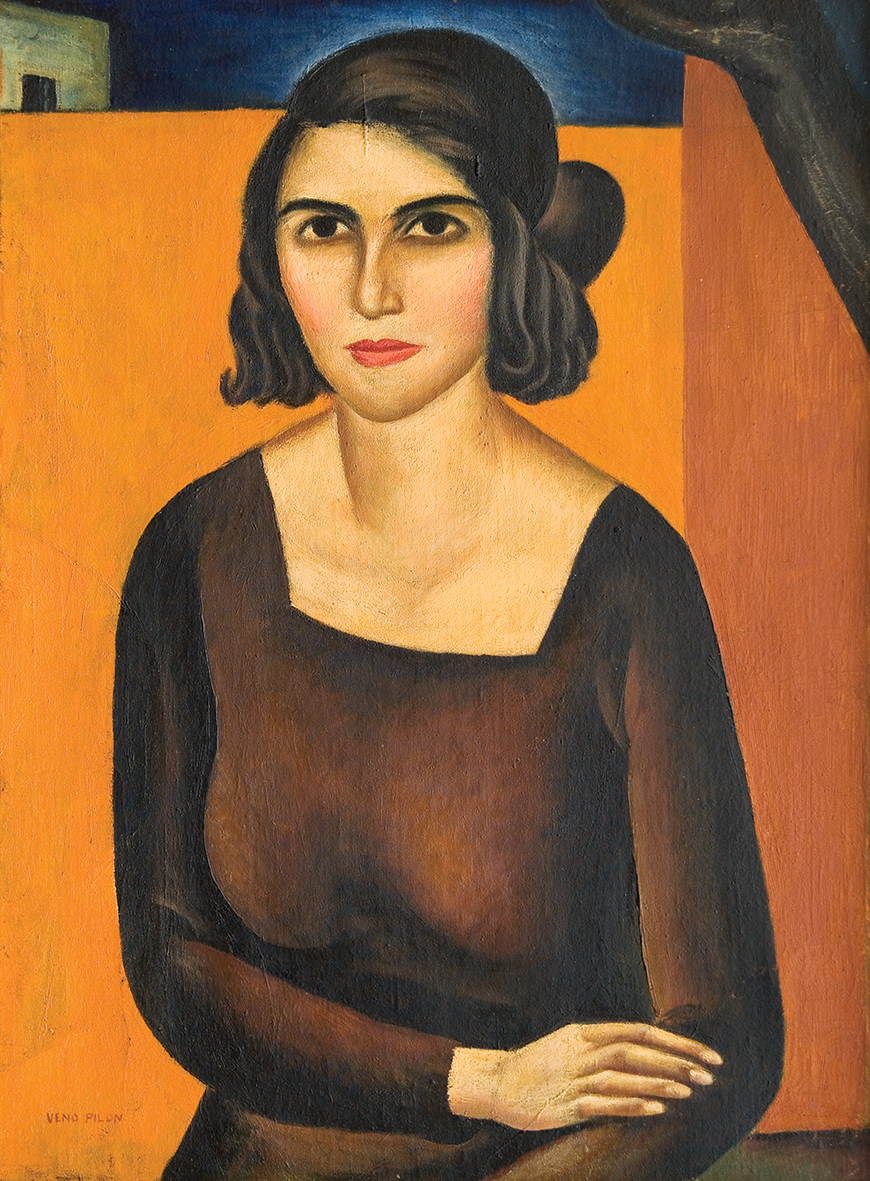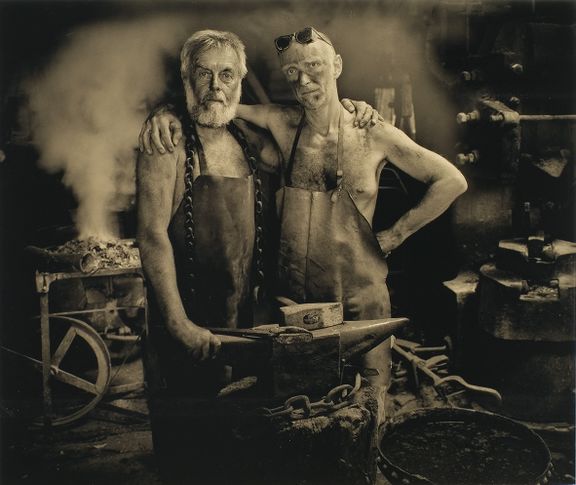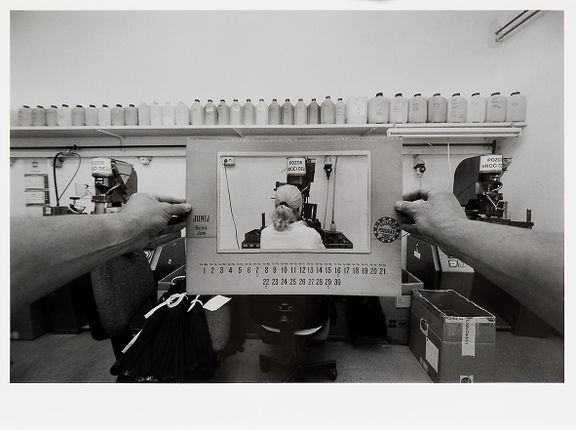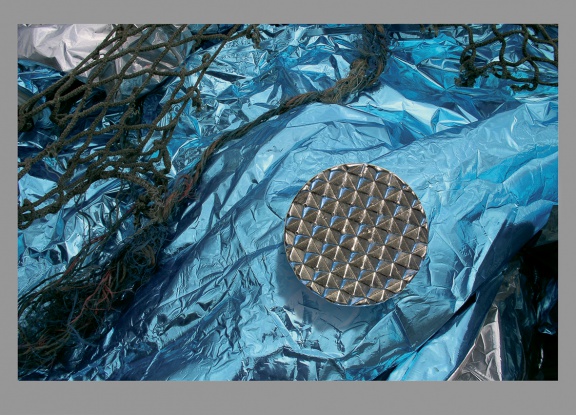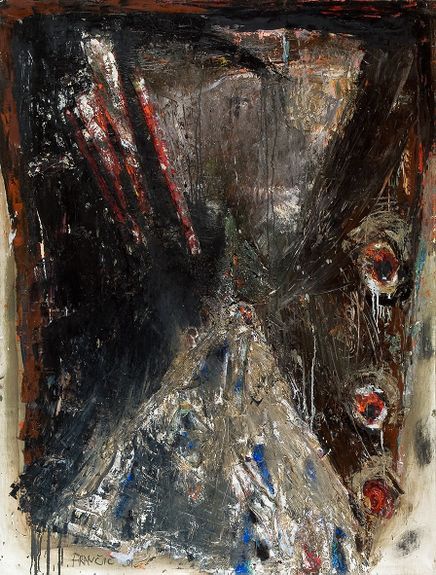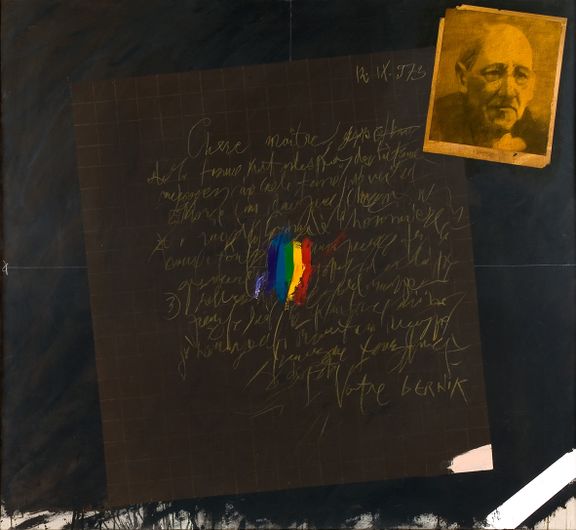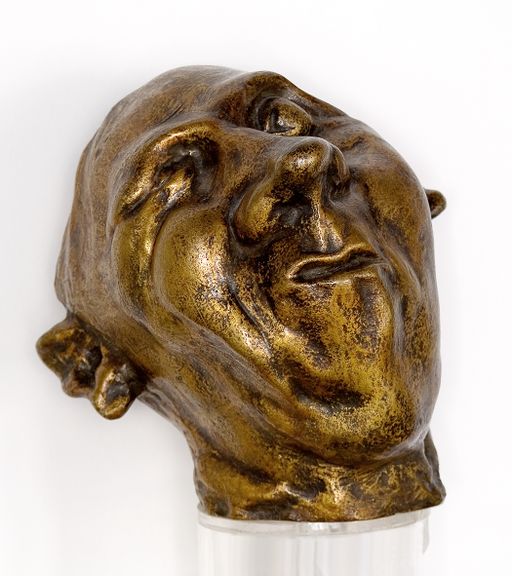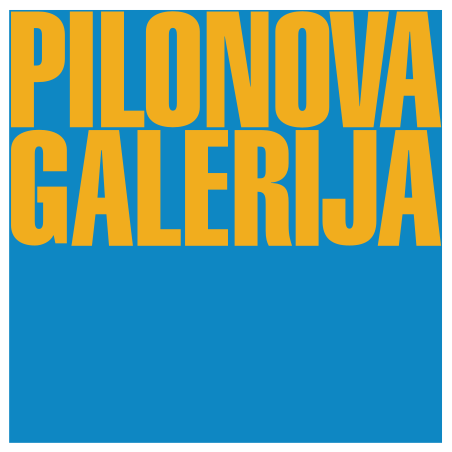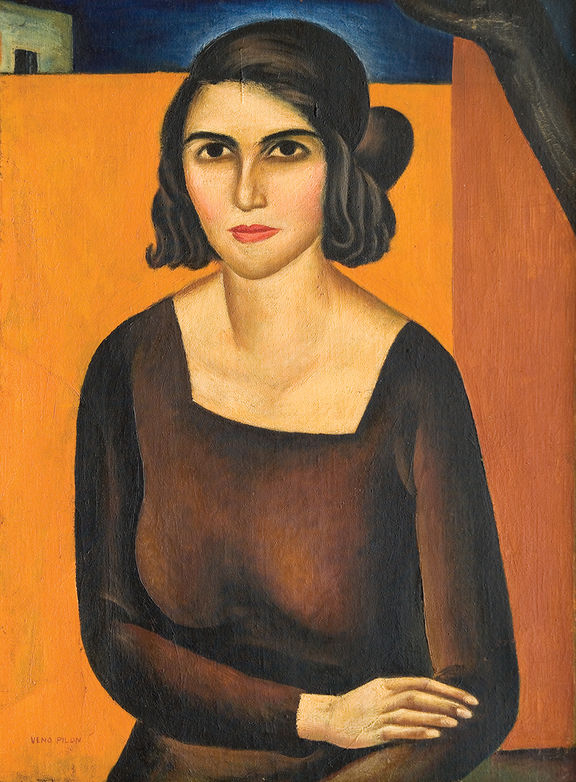Difference between revisions of "Pilon Gallery, Ajdovščina"
(added Municipal cultural institutions using HotCat) |
Anže Zorman (talk | contribs) (added maintainer) |
||
| Line 1: | Line 1: | ||
{{Article | {{Article | ||
| − | | status = | + | | status = NEEDSUPDATE WRITING INFOBOX TOPROOFREAD NIFERTIK! |
| − | | maintainer = | + | | maintainer = Ajda Kocutar |
}} | }} | ||
{{Infobox | {{Infobox | ||
Revision as of 13:53, 23 September 2019
-
22 Jun 2021
Presentation of the life and opus of Veno Pilon (1896–1970) with Dominique, François and François Pilon participating, led by the editor Zdenka Štimac, in collaboration with the Pilon Gallery, Ajdovščina, supported by the Embassy of the Republic of Slovenia Paris
Background
The gallery was founded after Pilon's son Dominique donated to the town of Ajdovščina his father's artistic legacy, a rich collection of art works and an archival collection comprising documents, manuscripts, correspondence, books, and personal belongings as well as varied memorial material, including the literary legacy of Walter Bianchi. The collection was later enriched by purchases and other donations.
Venue
The gallery premises consist of two houses, the first being the Pilon homestead, which also used to be the bakery of the painter's father. The façades of the two houses, as well as the interior of the painter's homestead with all its architectural details, were preserved and renovated by Svetozar Križaj (1921–1996), who received the 1976 Plečnik Award for the renovation.
Collections
Pilon Collection
The works of the Pilon Collection are arranged in chronological order and by art form: they start with his first art assignments at the secondary school in Gorica, and continue with views of Gorica and Ajdovščina (oil and watercolours) from the period before World War I, drawings and watercolours from the time he was a prisoner of war in Russia, sketches from his travels and study in Prague, Florence, and Vienna (with a special display case containing a selection of documents, photographs, and letters), Pilon's graphic art production from his Prague and Florence period, portraits and still-lifes in different techniques, and one room entirely dedicated to his drawings. The last room (which was the painter's studio) contains drawings and prints dating from his Parisian period until the late 1950s. The corridor features two sculptures – of the notary Artur Lokar and the writer Ivan Cankar – as well as some portrait drawings of Slovene artists. A photographic section in the attic displays Pilon's work in Paris from the 1930s onwards, including portraits, still lifes, and vedutas.
Collection of the Friends of Pilon
This collection includes works of artists who are somehow connected with Pilon or the Pilon Gallery. In 1971 it included the work of twelve of Pilon's immediate friends and acquaintances. The enrichment of the collection happened after the first exhibition of works of the Friends of Pilon in 1978. Further works were gained from the periodic exhibitions prepared in the remembrance of Veno Pilon. The collection has steadily expanded in the last few years also due to the Castrumfoto International Workshop.
Today the complex collection comprises around 500 works from the fields of painting, sculpture, print-making, drawing, photography, architecture, and graphic design.
Many great names of Slovene art history of the 20th century and their work make up the collection. Among others Ivan Čargo, Avgust Černigoj, Gabrijel Stupica, Miha Maleš, France Mihelič, Zoran Mušič, Vladimir Makuc, Štefan Planinc, Marij Pregelj, Janez Bernik, Bogdan Borčić, Drago Tršar, Edvard Zajec, Andrej Jemec, and many others. Part of the collection also includes some of Pilon's portraits (Božidar Jakac, Robert Hlavaty).
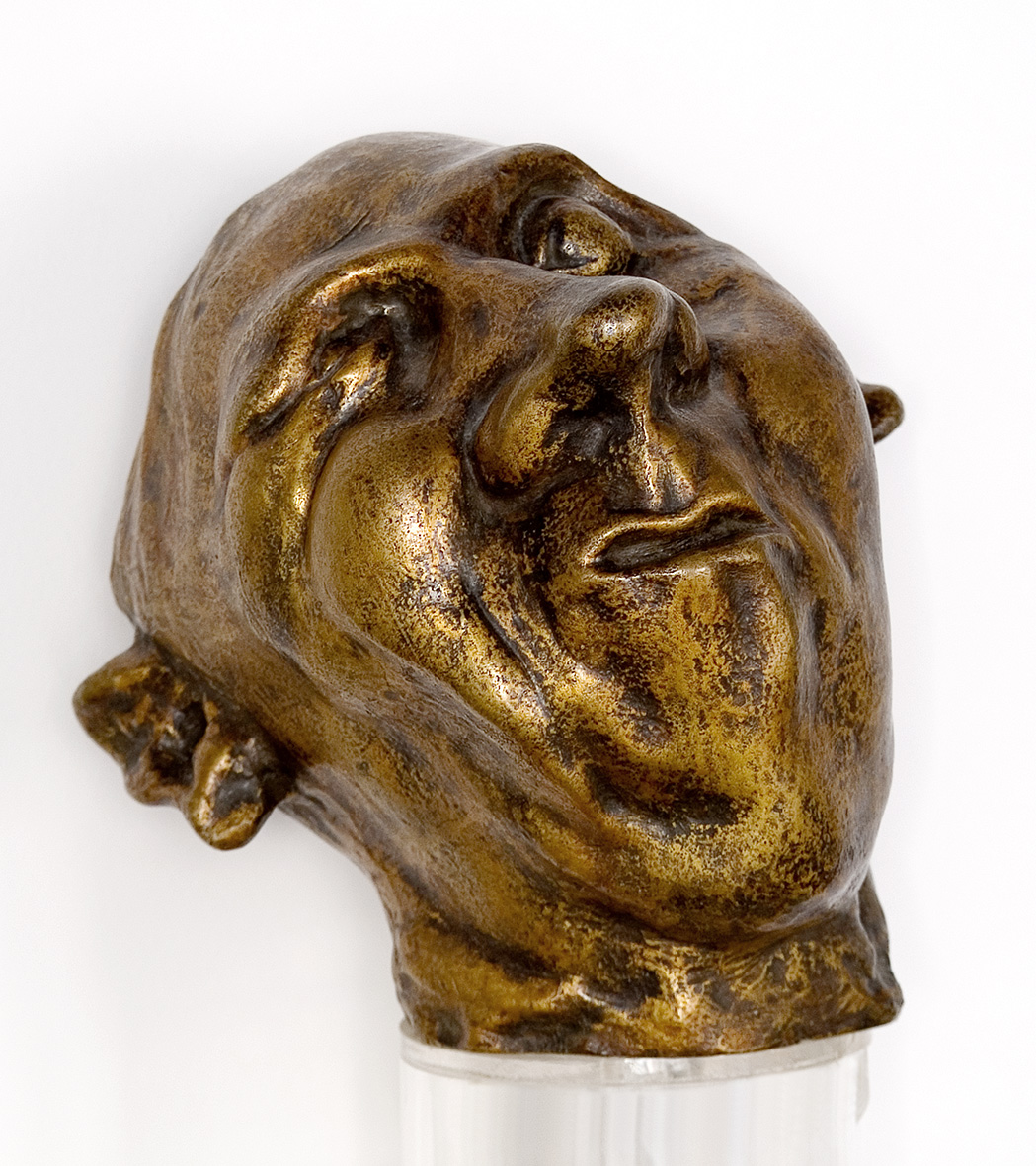 Veno Pilon, a portrait in bronze by Lojze Spazzapan, 1925. Spazzapan was Pilon's contemporary whose works and documents are also housed at the Pilon Gallery Collection.
Veno Pilon, a portrait in bronze by Lojze Spazzapan, 1925. Spazzapan was Pilon's contemporary whose works and documents are also housed at the Pilon Gallery Collection.
In 2011 a memorial room dedicated to Lojze Spazzapan was opened for public. Lojze Spazzapan was Pilon's close friend and sculpted his witty portrait head in bronze in 1925. Seven paintings that were donated to Pilon Gallery by the artist's daughter, represent Spazzapan's opus from his Torino period. The gallery houses also archives related to the artist.
Vipavski Križ Collection
The Vipavski Križ Collection is the result of summer art workshops between 1988 and 1999 in Vipavski Križ which aimed formed as meetings of local and foreign artists to open the cultural boundaries in Europe of the Alps-Adriatic region.
Each of the ten workshops was led by a curator who chose the artists and designed the exhibition. Nine of the selectors were established Slovene curators as Brane Kovič, Iztok Premrov, Aleksander Bassin, Meta Gabršek-Prosenc, Judita Krivec Dragan, Breda Ilich Klančnik. One workshop was led by Laura Safred, an art critic from Trieste who also donated part of her collection to the Pilon Gallery in 2009.
The collection arises from works each artist left to the gallery at the conclusion of the workshop. Altogether more than 100 works of various techniques and types comprise the collection built up of 82 artists belonging to different generations and nationalities. A great deal of them were Slovenes, others came from various regions of the Alps-Adriatic. The collection also comprises works of sculptors Dragica Čadež, painters Zdenko Huzjan, Zmago Jeraj, Erik Lovko, Dušan Kirbiš, Silvester Plotajs Sicoe, and Borut Popenko, and photographers such as Joco Žnidaršič and Tihomir Pinter.
See also
External links



